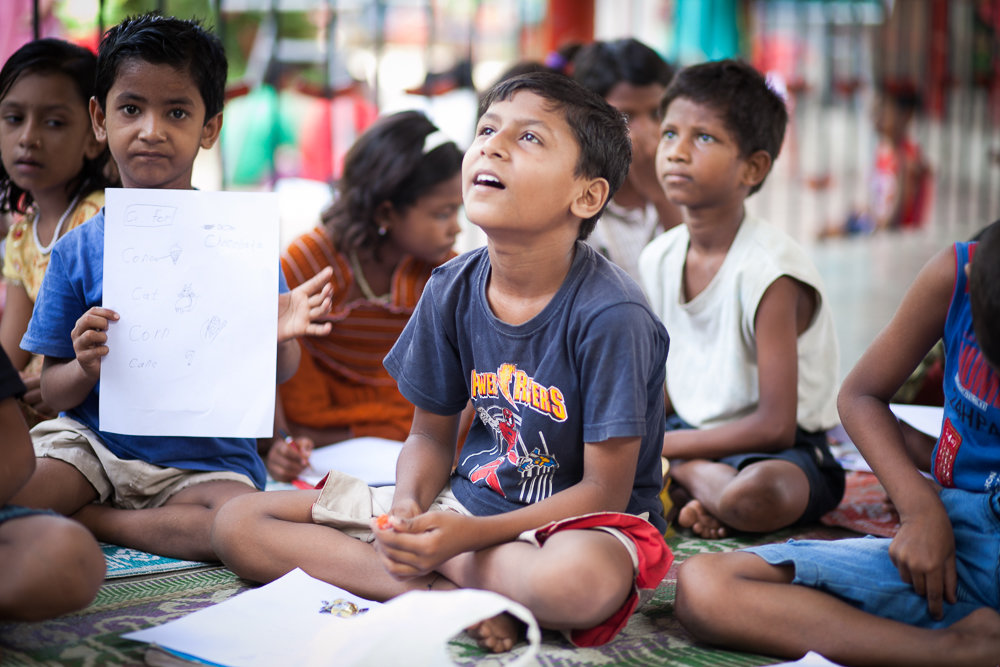Education is not just a solution to poverty; it’s one of the most powerful tools we have in the fight against it. This blog of Fikrah says, while the cycle of poverty is a complex issue with multifaceted causes, education has consistently proven to be a critical factor in breaking the cycle of poverty and empowering individuals and communities to achieve economic stability and social mobility.
Empowerment and Opportunity: Education provides individuals with the knowledge, skills, and confidence they need to pursue opportunities for personal and professional growth.
By equipping children with quality education, we empower them to break free from the constraints of poverty and create better futures for themselves and their families.
Income Generation: Education is closely linked to economic productivity and income generation. Studies have shown that individuals with higher levels of education are more likely to secure stable employment and earn higher wages over their lifetimes.
By investing in education, we not only improve the economic prospects of individuals but also contribute to overall economic growth and development.
Health and Well-being: Education plays a crucial role in promoting health and well-being, both at the individual and community levels. Educated individuals are more likely to make informed decisions about their health, adopt healthy behaviors, and access essential healthcare services.
By improving health outcomes, education helps to reduce healthcare costs and alleviate the burden of disease on families living in poverty.
Social Mobility and Equality: Education has the power to level the playing field and promote social mobility by providing equal opportunities for all children, regardless of their background or circumstances.
By ensuring access to quality education for marginalized and disadvantaged groups, we can address systemic inequalities and create a more just and equitable society.
Empowerment of Women and Girls: Education is particularly transformative for girls and women, who often face additional barriers to accessing education and opportunities.
By investing in girls’ education, we can empower them to break free from the cycle of poverty, delay marriage and childbirth, and participate more fully in social, economic, and political life.
Long-term Impact: The benefits of education extend far beyond individual outcomes; they have ripple effects that benefit entire communities and societies.
Educated individuals are more likely to contribute positively to their communities, participate in civic engagement, and promote social cohesion and stability.
CONCLUSION:
While education alone may not eradicate poverty, it is undoubtedly a cornerstone of sustainable development and poverty alleviation efforts. By prioritizing education and ensuring access to quality education for all children, we can lay the foundation for a more prosperous, equitable, and inclusive future for generations to come.
Click here to know more about “How to reduce poverty’s impact on education”

